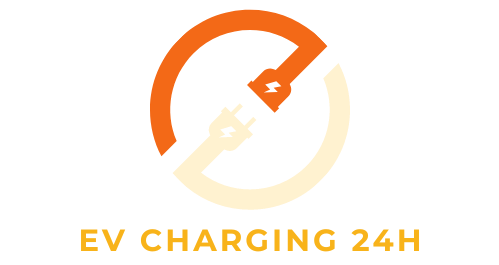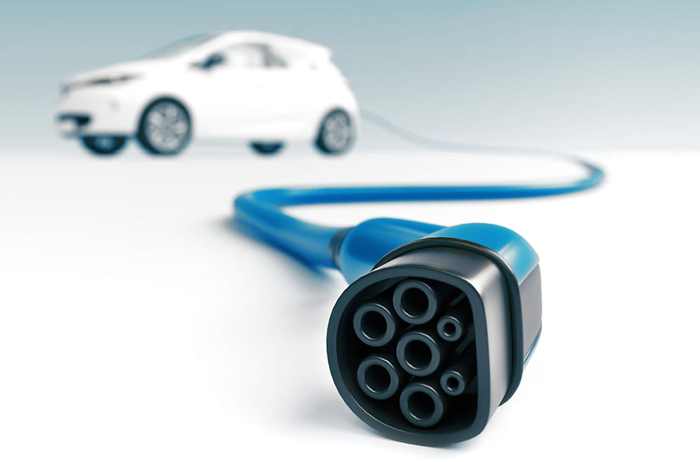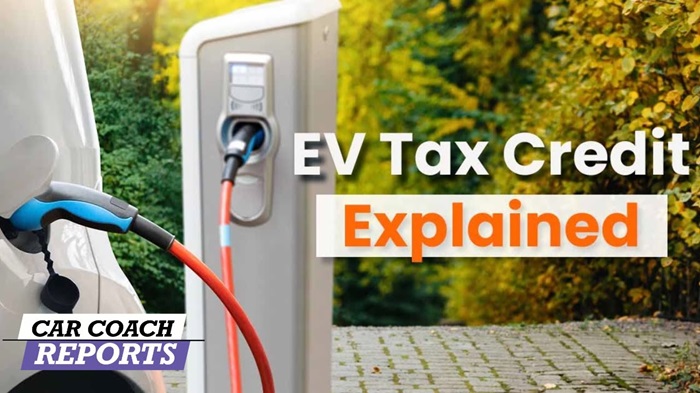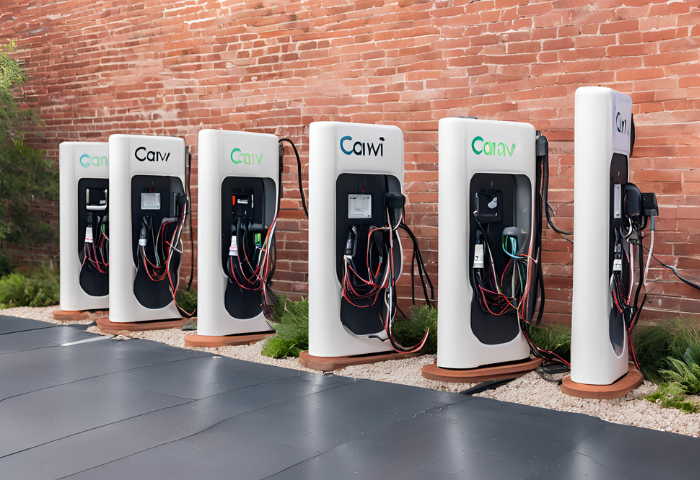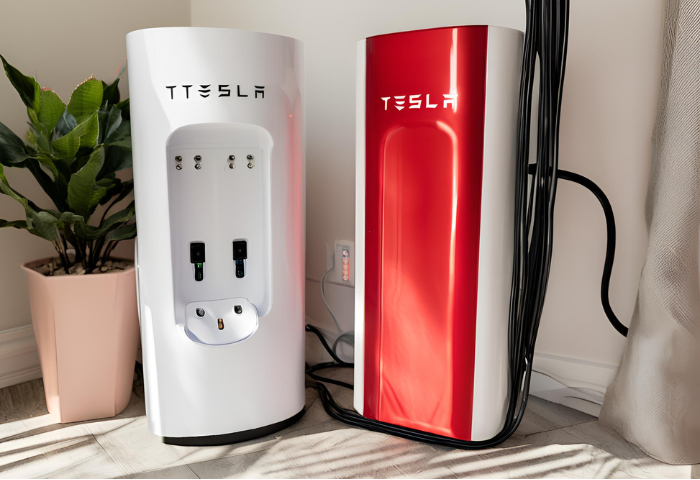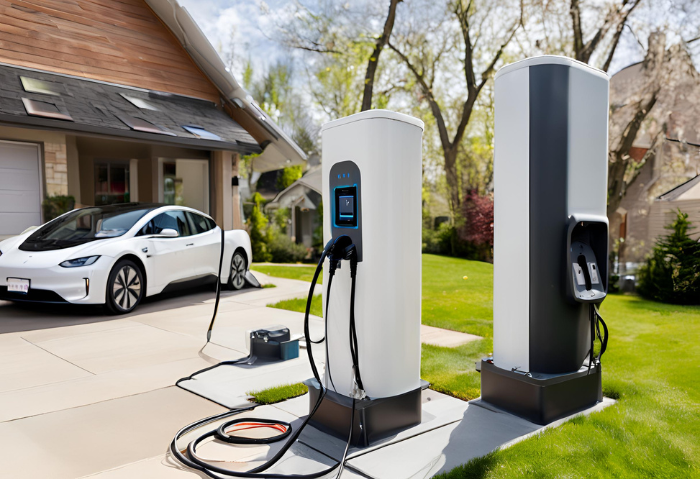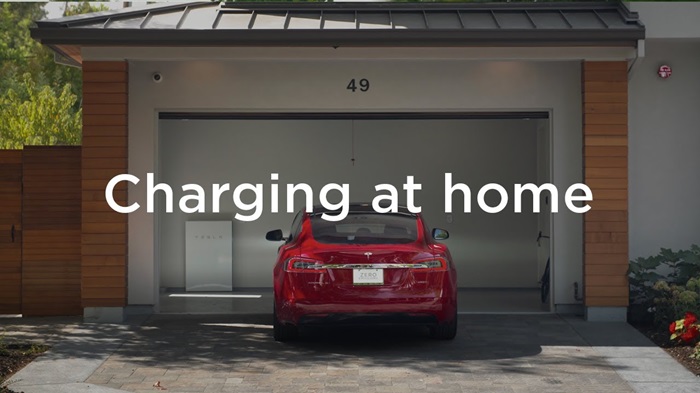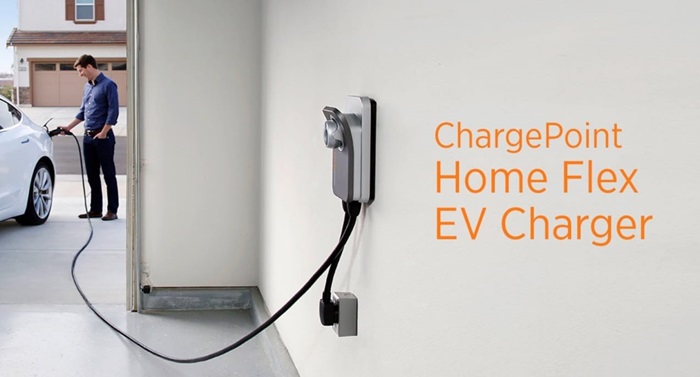Charging Cables for Cars
Charging cables for cars are essential components used to connect electric vehicles (EVs) or plug-in hybrid electric vehicles (PHEVs) to a power source for charging the vehicle’s battery. They facilitate the transfer of electricity from a charging station or power outlet to the vehicle’s battery system.
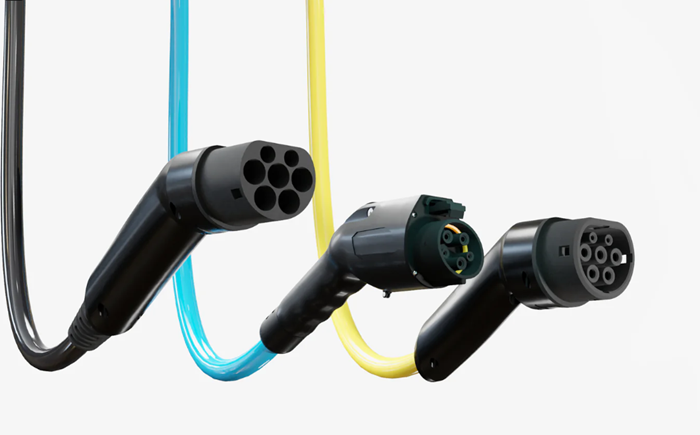
What are charging cables for cars?
While there are charging cables for various electric vehicle (EV) purposes, home charging typically doesn’t require a separate cable for most setups.
In most cases of home EV charging, a cable is already integrated into the charging station itself. This cable connects directly to the car’s charging port. So, you wouldn’t typically need a separate charging cable for home use.
Types of Charging Cables for Cars (used elsewhere):
There are several types of charging cables for cars, primarily categorized based on the connector types and the charging standards they support:
- Type 1 (SAE J1772): This is a North American standard connector, commonly used in the United States and Canada. It consists of a rectangular connector with five pins and is compatible with most EVs produced by American and Japanese manufacturers.
- Type 2 (IEC 62196 or Mennekes): This is a European standard connector, prevalent in Europe and increasingly adopted in other regions. It features a round connector with seven pins and is compatible with many European EV models.
- CHAdeMO: Initially developed in Japan, CHAdeMO is a fast-charging standard that uses a large, rectangular connector. It’s known for its high-power charging capabilities and is common in Asian markets.
- CCS (Combined Charging System): CCS combines AC and DC charging into a single plug. It features two additional DC pins compared to Type 1 or Type 2 connectors, enabling faster charging. American and European automakers both widely use CCS.
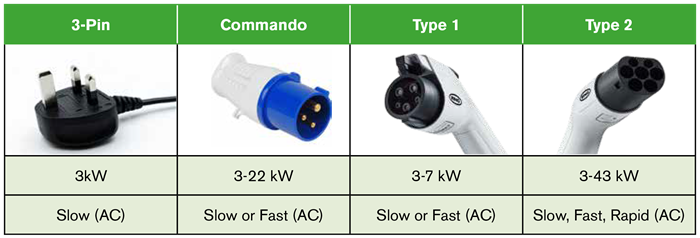
Choosing the Right Cable (mostly for public charging):
When choosing a charging cable for your car, consider the following factors:
- Vehicle Compatibility: Ensure that the charging cable you select is compatible with your car’s make and model. Check the connector type required by your vehicle (Type 1, Type 2, CHAdeMO, CCS, etc.).
- Charging Speed: Different cables support varying charging speeds. If you want faster charging, opt for cables that support higher power levels. For example, CCS and CHAdeMO connectors typically offer faster charging compared to Type 1 or Type 2 connectors.
- Portability and Length: Consider the length and portability of the charging cable, especially if you plan to use it in various locations. A longer cable provides more flexibility, but it may be less convenient to carry around.
- Build Quality and Safety: Invest in high-quality cables from reputable manufacturers to ensure durability and safety during charging. Look for cables with robust insulation, weatherproofing, and safety certifications.
- Cost: Compare the prices of different charging cables while considering factors like quality, warranty, and additional features.
High-Quality Charging Cables: Why They Matter
While the focus for home charging is often on the charging station itself, the cable, though less prominent, plays a vital role in ensuring safe and efficient charging for your electric car (EV).
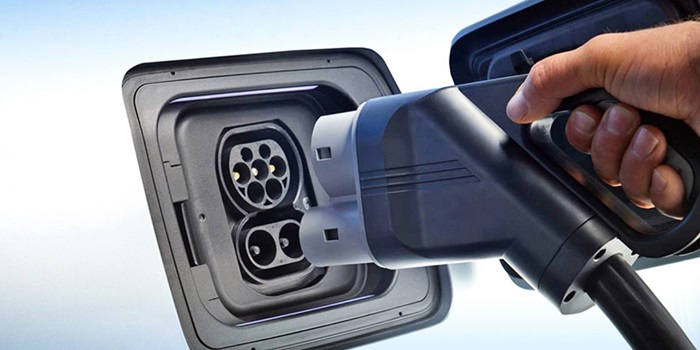
1. Efficiency and Speed of Charging:
High-quality charging cables are essential for the efficient and fast charging of electric vehicles. These cables are designed to minimize energy loss during the charging process, ensuring that more of the electricity transferred from the power source reaches the vehicle’s battery. This efficiency not only reduces charging times but also optimizes energy utilization, ultimately enhancing the overall performance of the vehicle.
The cable’s impact on charging speed depends on the scenario:
- Home Charging: Since most home stations have built-in cables, the primary concern is safety and reliability. However, using a high-quality cable with your Level 1 portable charger can ensure minimal energy loss for slower charging.
- Public Charging: Here, the cable quality can directly affect charging speed if you’re using a non-tethered Level 2 charger. A high-quality cable with lower resistance will allow for faster charging compared to a low-quality one.
2. Compatibility with Different Car Models:
High-quality charging cables are engineered to meet stringent compatibility standards, ensuring seamless connectivity with various car models. They are designed to accommodate different connector types and charging standards, such as Type 1, Type 2, CHAdeMO, and CCS, making them suitable for a wide range of electric and plug-in hybrid vehicles. Standard plug types exist for EV charging:
- Level 1 and Level 2 AC Charging: In North America, the standard plug type is J1772. This ensures compatibility with most public charging stations and Level 1 chargers that use a separate cable.
- DC Fast Charging: This uses a different plug type (CCS Combo in North America) and is typically not used for home charging due to its higher power requirements.
This compatibility ensures that drivers can confidently use the same cable across different vehicle models without encountering compatibility issues or needing multiple cables for different charging scenarios.
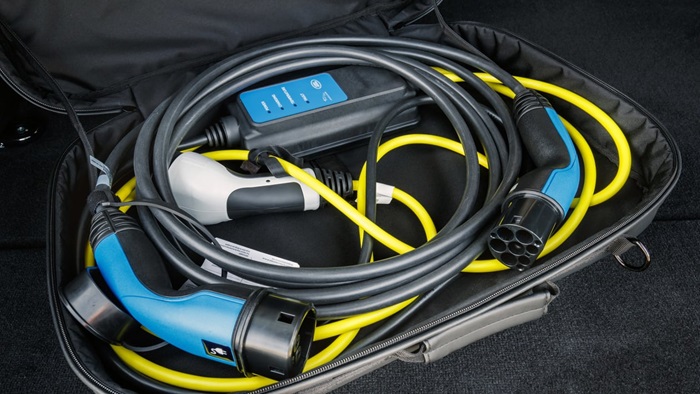
3. Safety and Reliability:
High-quality charging cables prioritize safety and reliability, incorporating robust construction and advanced features to withstand the rigors of daily use and adverse environmental conditions. They undergo rigorous testing and certification processes to ensure compliance with industry standards and regulations, minimizing the risk of electrical hazards, overheating, or cable damage during charging. This reliability instills confidence in users, assuring them of a safe and dependable charging experience every time they connect their vehicle to a charging station or power outlet.
4. Long-Term Cost Savings:
While high-quality charging cables may have a higher upfront cost compared to lower-quality alternatives, they offer long-term cost savings through their superior performance, durability, and longevity. Investing in a reliable charging cable reduces the likelihood of premature failure or damage, minimizing repair or replacement costs over time. Moreover, efficient charging facilitated by high-quality cables can contribute to lower electricity bills and reduced overall operational expenses for electric vehicle owners.
Demystifying Charging Cable Terminology
In lexical semantics, understanding the meaning of terminologies used in the charging cable industry provides insight into the functionality and features of different types of cables. Additionally, exploring the advantages of smart charging cables and distinguishing between Level 1, Level 2, and Level 3 charging cables helps clarify their respective roles and capabilities.
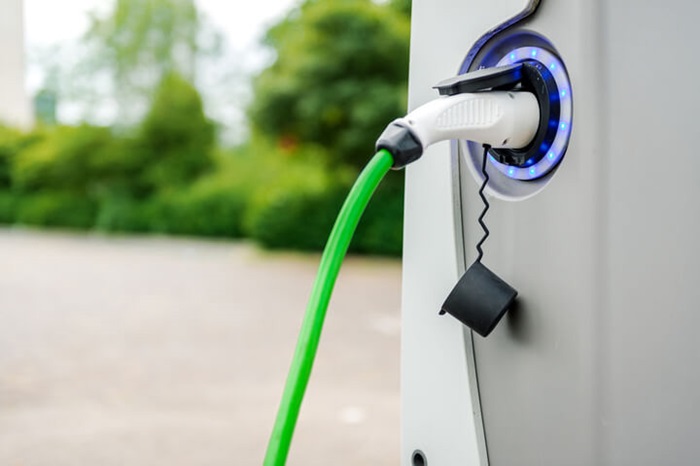
1. Terminologies in the Charging Cables Industry:
- Connector Types: Refers to the physical interface used to connect the charging cable to the electric vehicle and charging station. Examples include Type 1 (SAE J1772), Type 2 (IEC 62196 or Mennekes), CHAdeMO, and CCS (Combined Charging System).
- Charging Standards: Standards that dictate the technical specifications and protocols for electric vehicle charging. Common standards include AC charging (Level 1 and Level 2) and DC fast charging (Level 3 or DCFC).
- Amperage and Voltage Ratings: Indicate the maximum current (in amperes) and voltage (in volts) supported by the charging cable. Higher ratings typically result in faster charging speeds.
- Smart Features: Advanced functionalities integrated into charging cables, such as real-time monitoring, remote control, scheduling, and compatibility with smart home systems or mobile apps.
2. Advantages of Smart Charging Cables:
- Enhanced Control and Monitoring: Smart charging cables allow users to remotely monitor charging status, track energy consumption, and receive notifications or alerts via mobile devices or smart home platforms.
- Optimized Charging: Intelligent charging algorithms can optimize charging schedules based on factors like electricity rates, grid demand, and vehicle usage patterns, potentially reducing charging costs and minimizing strain on the electrical grid.
- Integration with Smart Home Systems: Smart charging cables can integrate with home automation systems, enabling seamless coordination with other smart devices, energy management systems, and renewable energy sources.
- Safety and Security: Some smart cables feature built-in safety mechanisms, such as overcurrent protection, temperature monitoring, and authentication protocols, to ensure safe and secure charging operations.
3. Differences between Level 1, Level 2, and Level 3 charging cables:
| Charger Type | Votage | Speed | Usability |
| Level 1 Charging | It involves standard household AC outlets (120 volts) | Slower | Suitable for overnight charging and emergency situations, but may not be ideal for daily use. |
| Level 2 Charging | Utilizes dedicated charging stations with a higher voltage (240 volts) | Faster charging compared to Level 1. | Commonly used in residential, workplace, and public charging infrastructure. |
| Level 3 Charging (DC Fast Charging) | Employs high-powered DC charging stations | Faster charging speeds compared to Level 1 and Level 2 | Primarily used for rapid charging on long-distance trips or in commercial charging networks, it offer convenience for drivers needing quick replenishment of battery power. |
Top Charging Cable Brands in the Market
Having topical authority in these areas involves staying updated on the latest developments, product offerings, and user feedback within the charging cable market, enabling you to provide valuable insights and recommendations to consumers seeking reliable and compatible charging solutions for their electric vehicles.
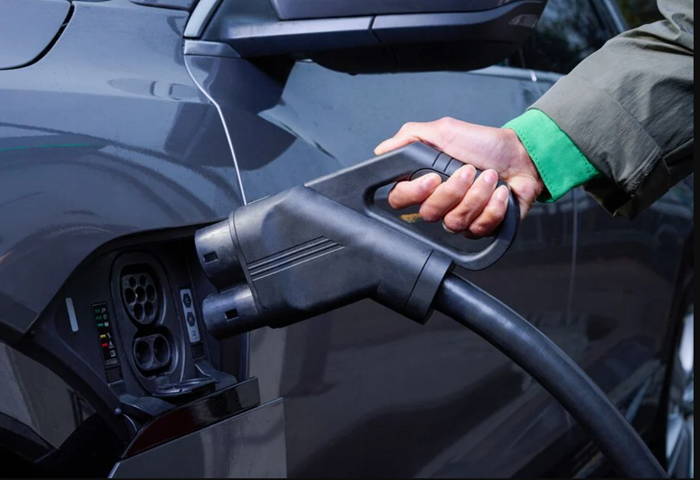
Tesla is known for its proprietary charging cables and connectors designed specifically for Tesla vehicles.
- JuiceBox offers a range of smart charging stations and cables known for their reliability and compatibility with various electric vehicles.
- ClipperCreek specializes in Level 1 and Level 2 charging solutions for residential, commercial, and public use, known for their durability and performance.
- ChargePoint provides a comprehensive network of charging stations along with charging cables for home and public use, known for their user-friendly features and interoperability.
- EVSE offers a variety of charging cables and accessories designed for residential and commercial charging applications, known for their quality and affordability.
Regulatory Standards for Charging Cables:
- SAE J1772 is the North American standard for AC charging connectors, specifying physical and electrical characteristics to ensure interoperability and safety.
- IEC 62196 (Type 2): European standard for AC charging connectors, adopted by many European countries and manufacturers to facilitate electric vehicle charging.
- CHAdeMO: A DC fast charging standard primarily used in Asian markets, known for its high-power capabilities and compatibility with certain electric vehicles.
- CCS (Combined Charging System): a combined AC and DC charging standard adopted by many automakers and charging infrastructure providers worldwide, offering flexibility and high-speed charging capabilities.
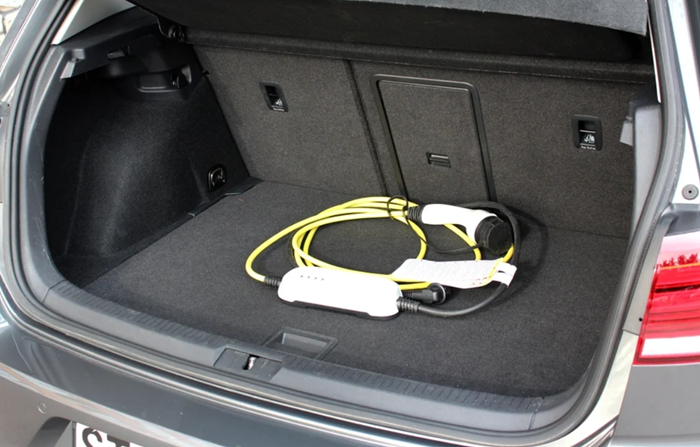
Reviews and Recommendations for Charging Cables:
Online marketplaces like Amazon, Best Buy, and EV accessory retailers often feature user reviews and ratings for charging cables, providing insights into product performance, reliability, and user experiences.
EV forums, social media groups, and dedicated websites (e.g., PlugShare, EVANNEX) are valuable sources of community-driven reviews, recommendations, and discussions about charging cables and related accessories.
Industry publications, technology blogs, and automotive websites may publish reviews, comparisons, and buying guides to help consumers make informed decisions when purchasing charging cables for their electric vehicles.
In conclusion, selecting the right charging cable is essential for ensuring a smooth and efficient electric car charging experience. Consider compatibility, length, and charging speed to find the cable that best suits your needs.

Henry Michael is a leading expert in EV charging station research, specializing in innovative solutions for electric vehicle infrastructure. With a passion for sustainability and technological advancement, he is dedicated to advancing the accessibility and efficiency of EV charging worldwide.
